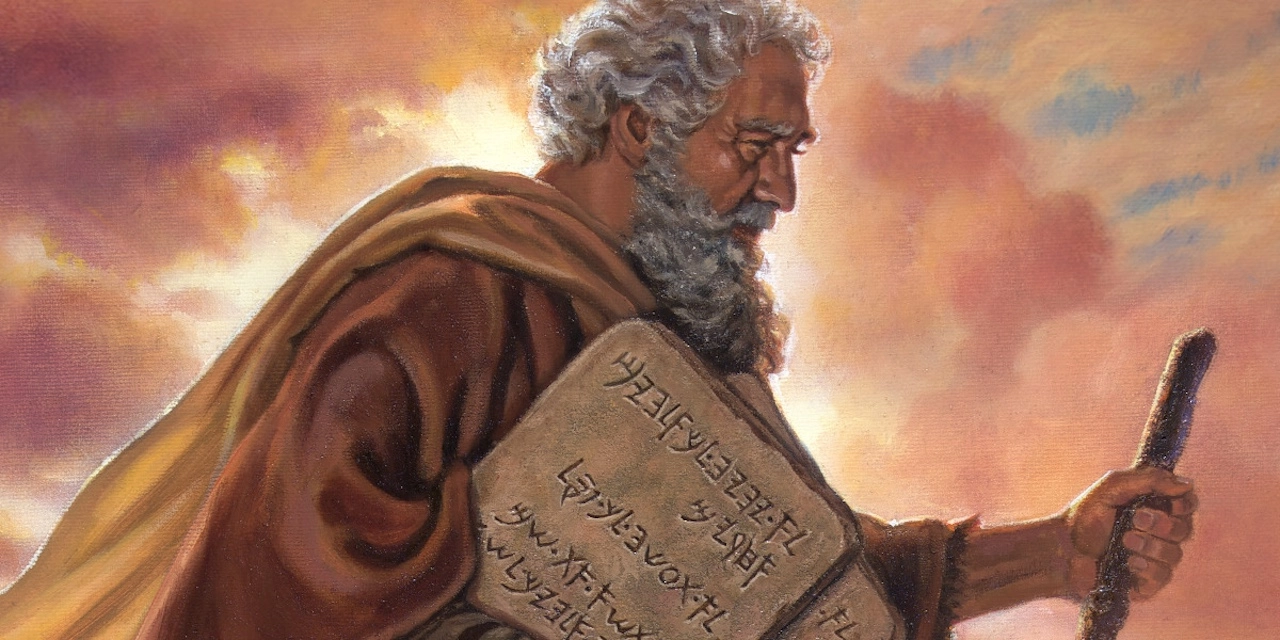In the sacred narrative of the Bible, few figures stand as prominently as Moses—the humble shepherd who became the liberator of a nation. Yet, woven into the tapestry of Moses' remarkable life is a profound moment of vulnerability and desperate prayer. Let's explore the episode where Moses, faced with an overwhelming responsibility, utters a heartfelt cry for help.
I. Context: The Weight of Leadership
Moses' journey unfolds in the Book of Exodus, a narrative rich with themes of liberation, divine encounter, and the forging of a covenant between God and the people of Israel. As the leader chosen to guide the Israelites out of slavery in Egypt, Moses shoulders the immense responsibility of leading a multitude through the wilderness toward the promised land.
II. The People's Complaint: A Leadership Challenge
The Israelites, navigating the harsh conditions of the wilderness, begin to voice their grievances. In Numbers 11, the complaints escalate, centering on the difficulty of the journey, the monotony of the manna provided by God, and a yearning for the variety of food they had in Egypt. The weight of the people's discontentment compounds the burden on Moses.
III. Moses' Breaking Point: A Cry for Help
In Numbers 11:10-15, Moses reaches a breaking point. Frustrated and feeling the weight of the people's needs, he turns to God in prayer. His words resonate with a deep sense of inadequacy and desperation. "I am not able to bear all these people alone; the burden is too heavy for me," Moses confesses to God.
IV. Moses' Prayer: The Heart of Vulnerability
Moses' prayer is a raw expression of vulnerability, laying bare the challenges and emotional toll of leadership. He questions God about why he was burdened with the responsibility of caring for this vast multitude. The prayer reflects not only Moses' honesty but also his deep dependence on the divine for guidance and strength.
V. God's Response: Divine Provision of Help
In response to Moses' plea, God doesn't rebuke him for his vulnerability. Instead, God provides a solution. He instructs Moses to gather seventy elders from among the people, upon whom God would place the Spirit. These elders would share the burden of leadership, alleviating the weight on Moses' shoulders.
VI. Lessons in Leadership: Embracing Vulnerability
Moses' cry for help offers profound lessons in leadership. It teaches leaders, then and now, that vulnerability is not a sign of weakness but an acknowledgment of shared humanity. Moses, despite his extraordinary encounters with God, grapples with the human experience of feeling overwhelmed and burdened.
VII. The Power of Honest Prayer
Moses' prayer also underscores the transformative power of honest, heartfelt communication with the Divine. It reminds believers that God welcomes their sincere expressions, doubts, and struggles. Moses' prayer is not met with judgment but with understanding and divine assistance.
VIII. Leadership Shared: Collaboration and Delegation
God's response to Moses' prayer introduces the concept of shared leadership. By appointing seventy elders, God emphasizes the importance of collaboration and delegation in navigating the complexities of leadership. The burden is lightened when responsibility is shared among a community.
IX. A Prayerful Journey
Moses' cry for help stands as a pivotal moment in his journey and in the larger narrative of the Israelites. It invites reflection on the nature of leadership, the power of vulnerable prayer, and the divine response to human struggles. Through Moses' experience, believers find encouragement to turn to God in moments of overwhelm, trusting in the assurance that divine help is near for those who seek it with an open heart.




